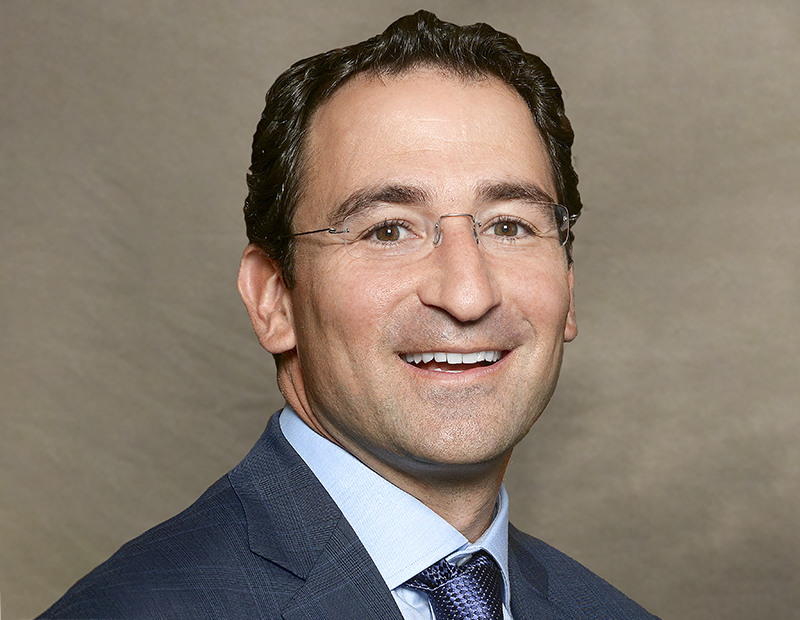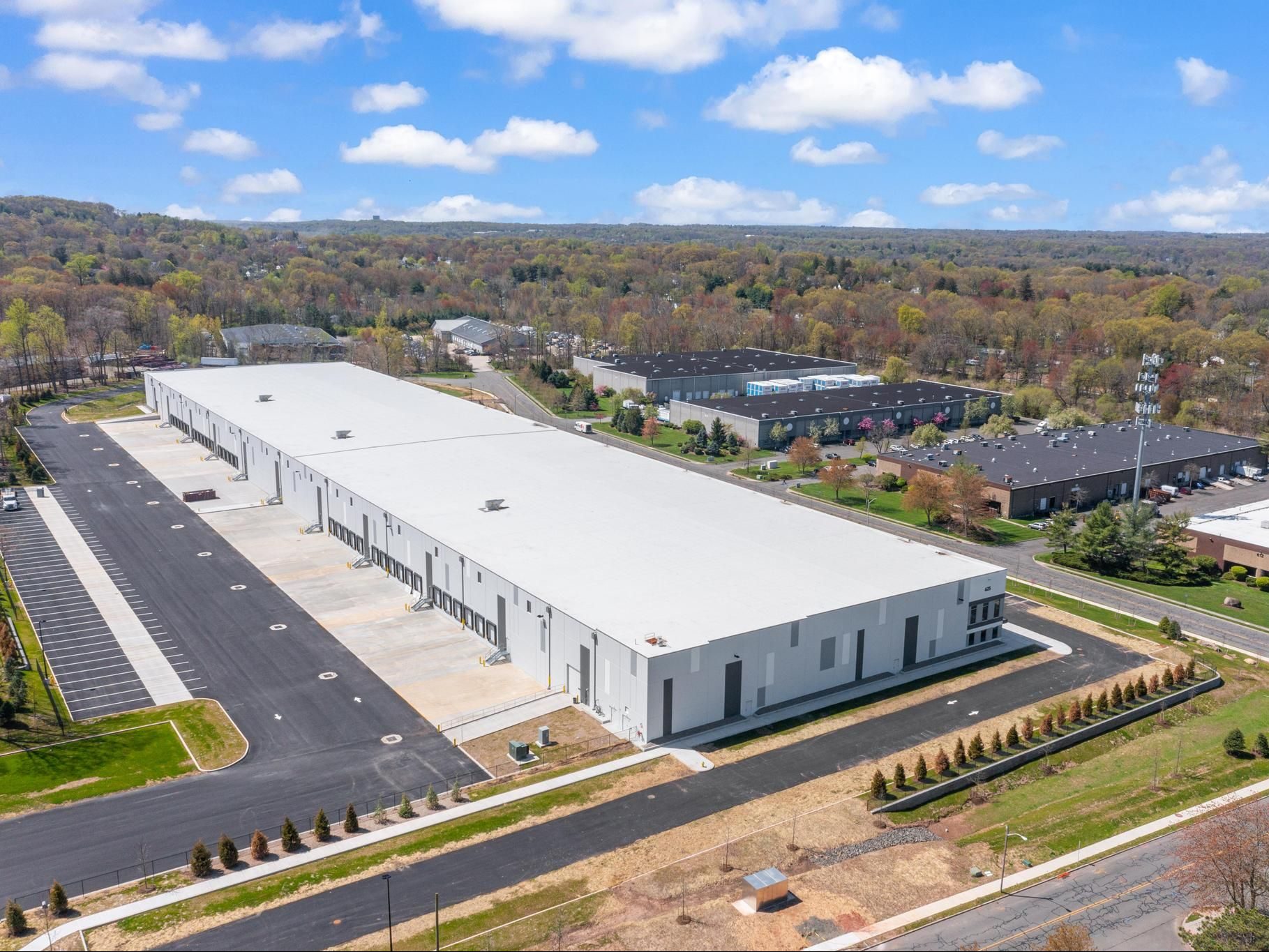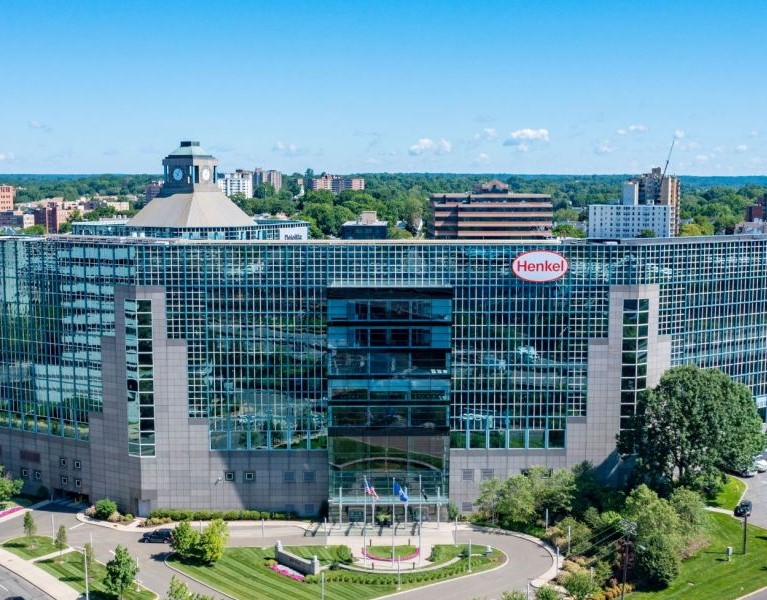Net Lease Column: The End of the Investment Run?
By Marc Imrem, Managing Director of Capital Markets, Transwestern: What does the Fed's recent interest rate hike mean for net lease investment?
By Marc Imrem, Managing Director of Capital Markets, Transwestern
 The Fed finally raised interest rates on Dec. 16, possibly leading some to wonder: Is this the end of the net-lease investment run? What are investors to do?
The Fed finally raised interest rates on Dec. 16, possibly leading some to wonder: Is this the end of the net-lease investment run? What are investors to do?
While a 25-basis-point increase in interest rates shouldn’t have a major effect on real estate values or sales momentum in the near term, the long term could prove to be a concern. How frequently will the Fed raise rates and by how much? The current increase had already been priced into the market on both the real estate value side and the debt side, as evidenced over the past six months by the plateau or even slight softening of cap rates, which were easily adjusted due to the long runway. If the Fed moves slowly, as promised, sellers should have time to adjust to lower valuations without a drastic decline in velocity. If the next rate hikes come in rapid succession, however, we will likely see transaction momentum wane.
The concern should lie with current owners that are likely to sell or have debt expiring in the near term. Each interest rate hike will likely correspond with a decline in property values, given the relationship between cap rates and available debt rates and bond values. When loan rates rise, buyers adjust their spreads so they’re able to generate their desired returns. And as interest rates rise and bond returns follow, the risk-reward ratio favors bonds over real estate—unless cap rates also rise. What does that mean for owners? For those that do not need to perform a 1031 exchange, it means it’s time to sell. Other owners may not benefit from selling because their replacement property will be subject to the same economic conditions as the property they’ve just sold.
Rising interest rates may, however, provide buying opportunities for liquid investors that do not need much debt. Such buyers may be able to take advantage of owners that think values will fall as debt rates rise, or sellers that are forced to sell because replacement debt for expiring loans is too expensive or requires additional equity to meet ratio requirements. If the economy slows, which is not unlikely given the slowdown in China and volatility in Europe, this effect would be exaggerated because values would drop and cap rates rise even further. This is where savvy investors can benefit. In response, the Fed would likely lower interest rates, resulting in increased real estate values and compressed cap rates. Investors that acquired assets during the higher cap rate period may be able to book substantial gains.
Owners that can hold their properties through the rising interest rate cycle should be safe, and investors positioned to buy during the cycle should profit. The real risk is in transaction velocity, as we all suffer when deals aren’t being done.







You must be logged in to post a comment.